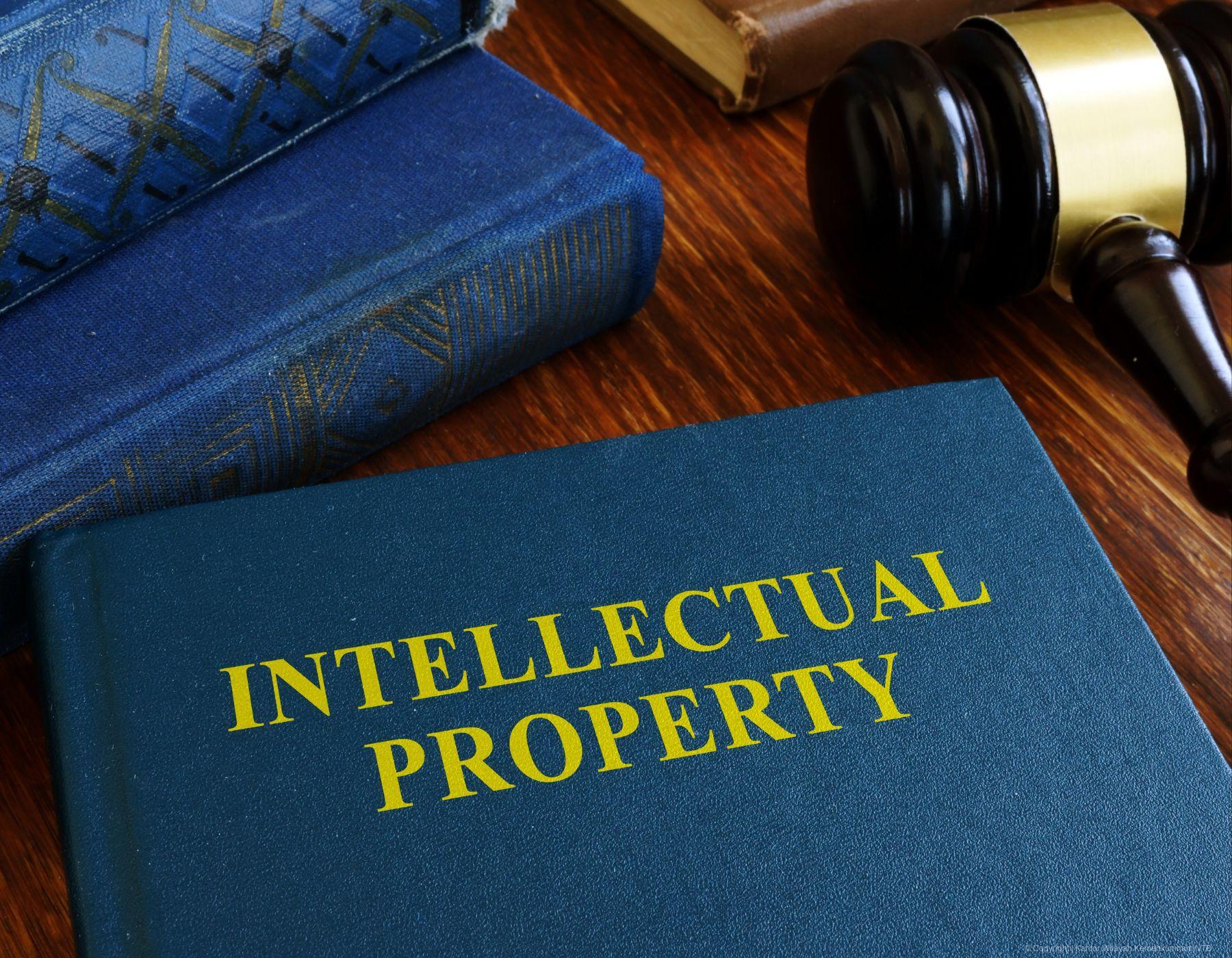Understanding Intellectual Property
Intellectual property (IP) refers to creations of the mind, such as inventions, literary and artistic works, designs, and symbols, signs, images, names, and words, used in commerce. It is a valuable asset that can drive innovation, economic growth, and cultural development.
Types of Intellectual Property
There are several types of intellectual property, each with its own specific legal protections:
-
Copyright:
- Protects original works of authorship, including literary, dramatic, musical, artistic, and architectural works.
- Grants exclusive rights to reproduce, distribute, perform, display, and create derivative works.
- Examples: books, articles, songs, paintings, sculptures, software code.
-
Patent:
- Protects inventions, granting the inventor exclusive rights to make, use, sell, or license the invention.
- Encourages innovation by providing incentives for inventors to disclose their ideas to the public.
- Examples: new technologies, processes, machines, and chemical compositions.
-
Trademark:
- Protects distinctive signs, symbols, or logos that identify products or services.
- Helps consumers recognize and differentiate between different brands.
- Examples: brand names, logos, slogans, and trade dress.
-
Trade Secret:
- Protects confidential business information that provides a competitive advantage.
- Unlike patents, trade secrets do not require public disclosure.
- Examples: customer lists, business plans, formulas, and source code.
Why Intellectual Property Matters
Intellectual property is crucial for several reasons:
- Economic Growth: It stimulates innovation and economic growth by incentivizing creativity and investment.
- Job Creation: It fosters job creation and supports industries such as technology, entertainment, and pharmaceuticals.
- Global Trade: It facilitates international trade by protecting the rights of creators and businesses.
- Cultural Heritage: It preserves cultural heritage and promotes the exchange of ideas and knowledge.
Protecting Your Intellectual Property
To protect your intellectual property, consider the following strategies:
-
Register Your IP:
- Register your copyrights, patents, and trademarks with the appropriate government agencies.
- Registration provides legal recognition and stronger enforcement rights.
-
Use Copyright Notices:
- Affix copyright notices to your creative works to inform others of your ownership rights.
-
Maintain Confidentiality:
- Keep trade secrets confidential and limit access to authorized individuals.
- Use non-disclosure agreements to protect sensitive information.
-
Monitor for Infringement:
- Be vigilant and monitor for potential infringement of your IP rights.
- Take immediate action to address any infringement.
-
Seek Legal Advice:
- Consult with an intellectual property attorney to understand your rights and options.
- An attorney can provide guidance on registration, licensing, and enforcement.
The Future of Intellectual Property Law
As technology continues to evolve, the landscape of intellectual property law is also changing. Emerging technologies such as artificial intelligence, blockchain, and the internet of things raise new challenges and opportunities for IP protection.
AI-Generated Content and Intellectual Property Law
The ownership and copyright of AI-generated content is a complex issue that requires careful consideration. As AI systems become more sophisticated, they can create original works, but questions arise about who owns the rights to these creations. Intellectual property law must adapt to these new realities, balancing the interests of creators, AI developers, and the public.
Blockchain Technology and Intellectual Property Law
Blockchain technology can be used to track ownership of digital assets and ensure transparency in IP transactions. By recording ownership information on a decentralized ledger, blockchain can provide a secure and verifiable way to protect intellectual rights. This can be particularly useful for digital assets such as software, music, and video games.
International Cooperation and Intellectual Property Law
International cooperation is essential to address global IP challenges and harmonize legal frameworks. As technology transcends borders, it is crucial to have consistent and effective IP protection mechanisms in place. International treaties and agreements can help to establish common standards and facilitate cross-border IP transactions.
By understanding the importance of intellectual law and taking proactive steps to protect your creations, you can safeguard your valuable assets and contribute to a thriving innovation ecosystem.


